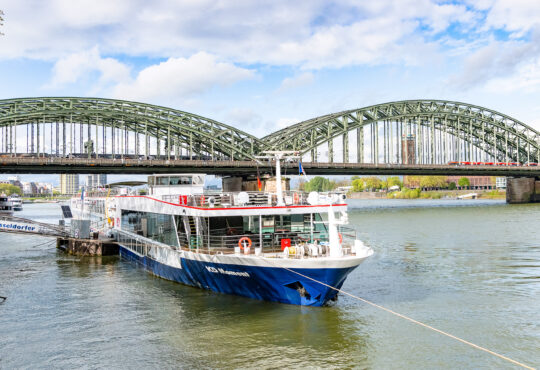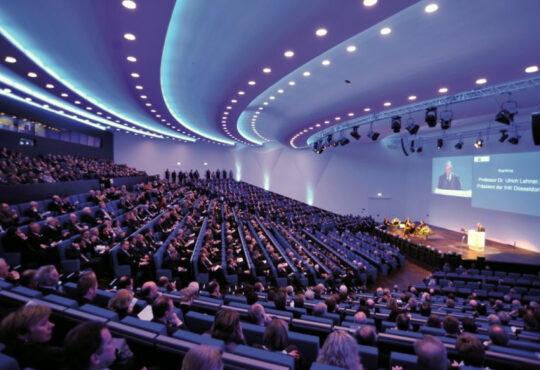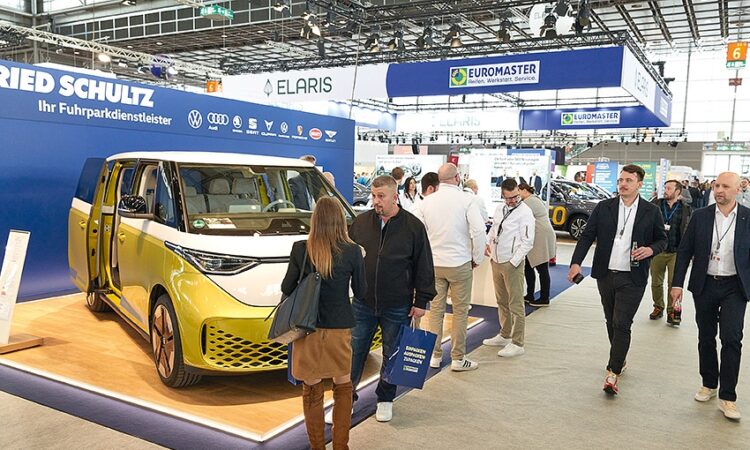
Few topics are discussed as passionately in terms of their impact on society as a whole as the shift from combustion engines to electric motors. Industries directly affected by this change are facing major challenges – and the vehicle fleet industry, which will be getting together again this year in Düsseldorf from March 20 to 21 at “Flotte! Der Branchentreff”, is no exception. Germany’s leading national fleet management trade show offers a platform for the discussion of possible solutions and a professional exchange of ideas.
Sustainability moves companies – and the vehicle fleet is one relevant lever in that context, as industry expert Ralph Wuttke, editor-in-chief of the trade magazine Flottenmanagement, knows all too well: “All companies want to reduce their ecological footprint and are required, once they reach a certain size, to publish a sustainability report. Because e-mobility doesn’t cause any local emissions, a company’s vehicle fleet naturally is an important component when it comes to keeping one’s environmental impact as low as possible.” This transformation comes with challenges and opportunities, both of which are given a platform by “Flotte! Der Branchentreff”.
For the first time, Flotte Medien GmbH and Messe Düsseldorf are jointly organizing the leading national trade show for fleet management this year. As the meeting point for the decision-makers and service providers in the commercial vehicle fleet sector in the DACH region, the show represents an important building block of Messe Düsseldorf’s newly developed skillset in the mobility sector. Talks at “Flotte!” 2024 will focus on such key topics as the transformation of vehicle fleets towards more e-mobility, the creation of alternative mobility options and sustainability.
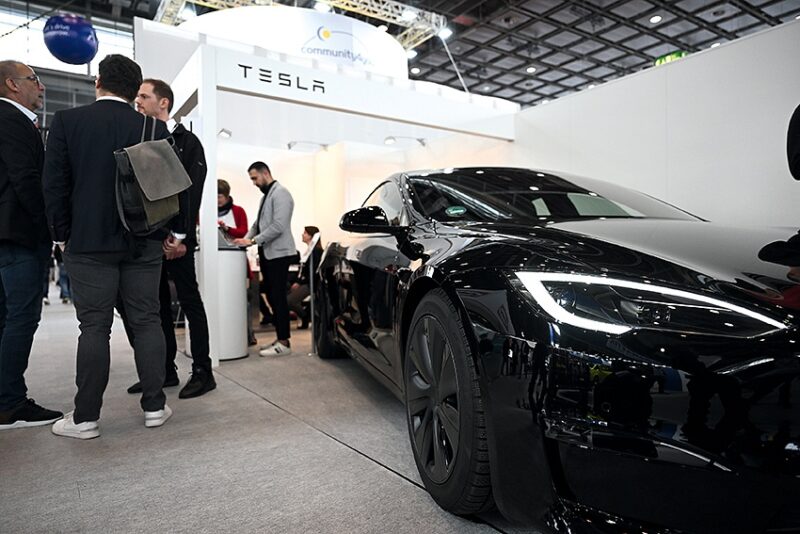
The challenges of e-mobility
One focus of the specialist presentations at “Flotte!” will be on the availability and accessibility of an adequate charging infrastructure. Regardless of whether it involves trucks, buses or cars, having a certain number of charging stations is a key concern for companies operating large fleets. Installing freestanding charging stations, in particular, can be associated with high costs, especially if any part of the building infrastructure has to be adapted. The same applies to infrastructure in the wider sense, the suitability of traffic routes for electric vehicles and the availability of charging stations.
Moreover, fleet operators are dependent on continuing charging-capacity improvements. If battery technology were already so advanced that e-vehicles could be charged in just five to ten minutes, this would be on par with diesel and gasoline vehicles, and fewer charging stations would be needed. However, experts believe it’s still difficult to forecast how quickly such a technology might be implemented.
Ultimately, economic viability remains the most important consideration for companies looking into the electrification of their vehicle fleets. Government subsidies for e-vehicles were discontinued at the end of last year, but there are still countless advantages to making the move, says Ralph Wuttke: “Depending on the purchase price, a taxable non-cash benefit of a quarter to a half accrues, which boosts employees’ net wages while lowering companies’ social-insurance contributions and taxes.”
“Flotte!” delivers exciting expert insights into these challenges, along with the innovative technologies from the exhibiting companies making their way to the industry get-together in Düsseldorf. Asian manufacturers, in particular, see a lot of potential for this market. One thing is clear: the shift from combustion to electric engines in commercial vehicle fleets and beyond is moving forward. Companies definitely want to electrify their fleets, but the conditions must be right for that to actually happen.
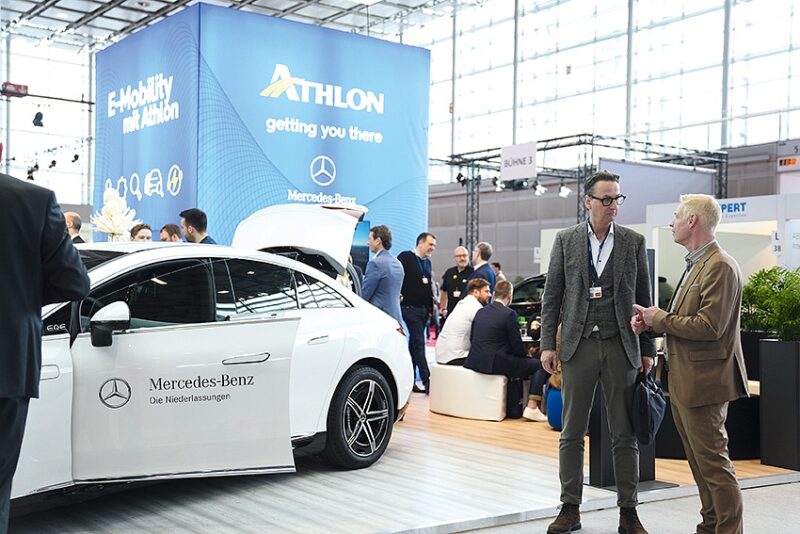
Responsibility for society as a whole
The German Association for Corporate Mobility (Bundesverband Betriebliche Mobilität – BBM), which will also attend the networking event, has drawn up a five-point paper aimed at driving further developments in this sector. In addition to calling for solutions to the familiar charging-infrastructure problem, the group also demands the sharing of knowledge related to sustainable mobility management, the establishment and promotion of advisory services, and the integration of local public transport options into mobility concepts. “Different forms of mobility will exist side by side for a long time to come,” says Ralph Wuttke. BBM also aims to ease the regulations governing mobility budgets in order to reduce the administrative burden on companies.
The fleet sector is facing an eventful time. That’s why “Flotte! Der Branchentreff” has become all the more important as a central hub for the relevant industry players seeking to shape the developments of the next few years. After all, the question of how to ensure that mobility is sensible and sustainable in the future doesn’t just concern the vehicle fleet sector, it’s critical for society as a whole.





